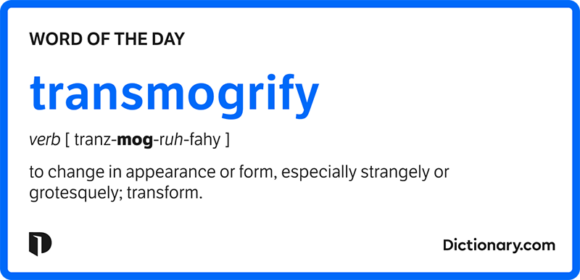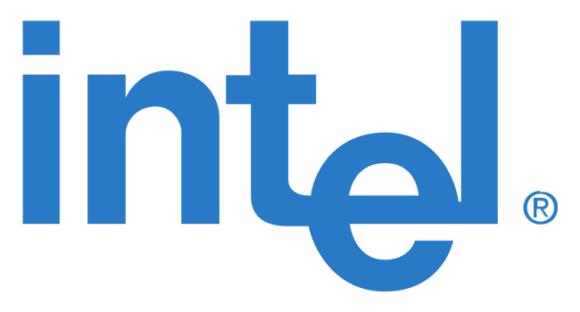
In the last few months I’ve re-experienced the power of speeding up these iterative learnings, not in business but in my re-kindled hobby of programming. I’ve been turning my nostalgic visions of what 1970s computing could have been into an emulated Apple II4, complete with an emulated 652402 CPU. Why? It’s a hobby. It is fun to once again write code without being paid, taking the project in whatever direction the urge takes me.
But, as always, I learn along the way. The lesson here is how much speed of the lean/OODA loop increases the speed in building the solution.
The toolset I have for this project is a modern Mac Air, with a 4GHz ARM-powered Apple silicon collection of processors, and a terabyte of storage. Or in other words, I have at least 25,000 times more computing power than the late-1970s technology I’m emulating.
What that means in practice is that I can get from coded idea to running test within one second. Within one hour I can literally try 50 different solutions. If this were 1979, each iteration would require compiling the code for a few minutes, burning an EEPROM chip for another minute, physically moving the chip from board to writer to board, yet more time to reboot, and no easy way to hit a pause button and dump memory to my screen. So if this were 1979 and I were working at Apple, that same hour would let me try maybe 5 different solutions, but due each iterating being tens of minutes, I’d probably only actually try 2 or 3, spending more time double checking before wasting 10 minutes to discover I forgot something.
Add to that the fact that small mistakes cost basically nothing. I recall back in the day manually checking all my code for syntax errors, as restarting the compiler after each one costs time. That time now is tenths of seconds, so now I let the compiler find the errors for me, and that only makes the loops go even faster.
The question is how we can have this same speedup in business. We’ve certainly moved from the annual cadence that was the norm back in the 1990s when I was a young entrepreneur to a world where I can whip up a website and start selling a product in hours. But once up and running, the pace of change inside businesses is still no where near the speed I’m seeing in this hobby.
Perhaps the difference is that business requires coordination within the team if not also from outsiders, and that will never get down from weeks to hours to seconds. Maybe what makes the hobby work fun is the speed that comes form working alone. But in any case, it’s a challenge worth solving as shorter loops are better.














